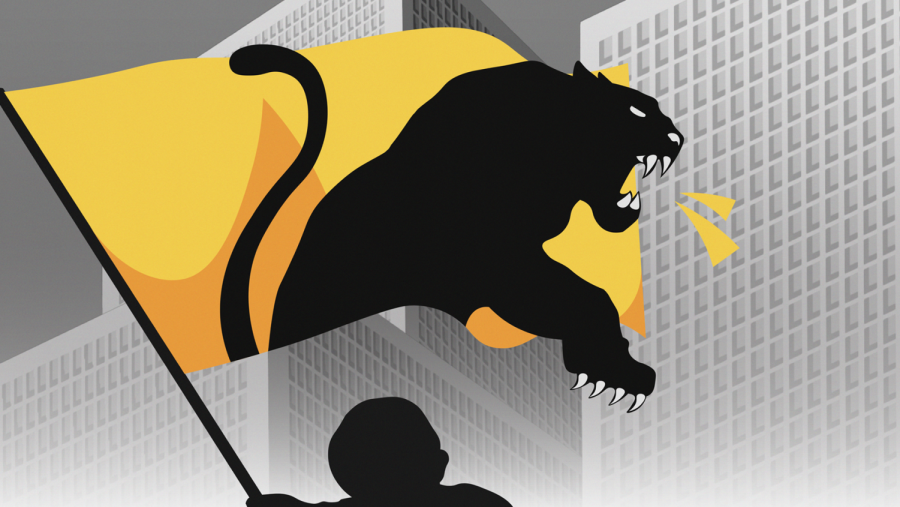Unemployment rates in the Bay Area soared to new records this January, reaching 9.2 percent in the East Bay and 7.5 percent in San Francisco, according to the state’s department of labor.
The state’s Employment Development Department released a report stating that more than 2 million Californians are finding themselves unemployed entering 2011.
California tied with Michigan for the second highest unemployment rate in the nation at 12.4 percent, a rate unchanged since 2009.
The nation’s unemployment rate has risen from 9.6 to 9.8 percent, according to the U.S. Bureau of Labor.
Although many economists have said that the recession ended in 2009, many said they would also agree that this is the worst recovery the nation has ever seen.
California Business
With unemployment rates higher than expected, the recent holiday season did not bring in as much revenue as economists had hoped for, as consumer spending was low and most businesses saw little profit from it, according to the U.S. Bureau of Economic Analysis.
Recently, California ranked 49th in a report by the Tax Foundation, which ranked the business-friendliness of U.S. states. California’s corporate tax rate is the eighth highest in the nation.
“The business community, they are a group that feels probably more oppressed than the schools,” Governor Jerry Brown said in a speech last month. “They really feel like they are in the worst place in the universe and they all want to leave.”
In California, one of the hardest hit areas is construction, as the state’s high taxes and business regulations have scared many businesses away from building, thus creating less work and revenue, according to the Tax Foundation.
For Joseph Lanza of San Leandro, a union plumber for 30 years and father of two college students, the economy has created a deep hole of pressure and anticipation for him and his family.
“In my 30 years, this is the longest I’ve ever been out of work,” said Lanza, describing how the past eight months without a steady paycheck has made him feel as if he’s let his family down. “It’s devastating out there, and I’m frustrated that there’s so much out of my control.”
The unemployment rate for construction workers currently exceeds 20 percent, according to Bureau of Labor statistics.
“It’s sad to see my parents go through this,” said business major Adnana Halikotec, whose mother has been unemployed since the NUMMI factory in Fremont closed down and whose father works in construction. “All they want is to provide for us, and it’s almost impossible for them to do that.”
Finding First Jobs
College students and recent graduates said they have also met the job search with limited success, as their unfortunate timing has placed them in one of the hardest economic periods in our history.
According to the U.S. Department of Labor, the unemployment rate for college graduates under 25 has averaged about 9.2 percent over the past year, which is up from just 8.8 percent a year earlier and 5.8 percent in 2007, the first year of the recession.
The unemployment rate for recent college graduates is nearly that of the country as a whole.
This also suggests that for the lucky few who have jobs, most of them are working in jobs that do not even require a college degree.
Veronica Robles, a recent CSUEB graduate with a sociology degree, has found the job search increasingly frustrating and exhausting.
As a hopeful social worker, she finds herself in a tight economic situation, living in a house with an unemployed parent and hoping to find a job in one of the most underfunded government departments.
“It’s definitely been horrible,” said Robles. I keep thinking it’s going to happen for me, only to get heartbroken all over again.”
For some students, the idea of college and getting a degree becomes daunting and filled with uncertainty, as they see their classmates graduate only to work in places that do not utilize their skills.
Maybe what is most at stake for students is the belief in education as a means of advancement.
“I am still optimistic, regardless of how tough it is,” said psychology major Anthony Wu, “because I know that if you don’t have hope, you really don’t have anything else to push you.”
Wu’s parents lost their restaurant in San Leandro a couple of months ago, and he now takes advantage of every opportunity he can to help his parents economically.
“It’s tough when you’re not in control of your own destiny,” said Wu. “But my parents, like every hard-working American family, will never lose faith in achieving their goals in this country.”
In a state as diverse as California, with a large labor force and a collection of distinctive industries and potential, many assert that there is hope in green jobs and in the search for alternative energies and fuels.
During Gavin Newsom’s inauguration speech last Monday as lieutenant governor, the former San Francisco mayor said that he was still optimistic about the future of California and that the state should “look to green technology for new economic development opportunities.”
He called on a renewal of the state’s entrepreneurial spirit as we move forward in our battle with economic hard times.
Governor Jerry Brown released last week his new budget plan, which aims to erase the state’s $25.4 billion deficit during the next 18 months.
As California’s leaders pledge to focus on job creation and the state budget, 2 million Californians and their families hope that this time it will come true.
“I know things will turn around,” said Wu, with confidence in his eyes. “All we can do is go straight up.”










